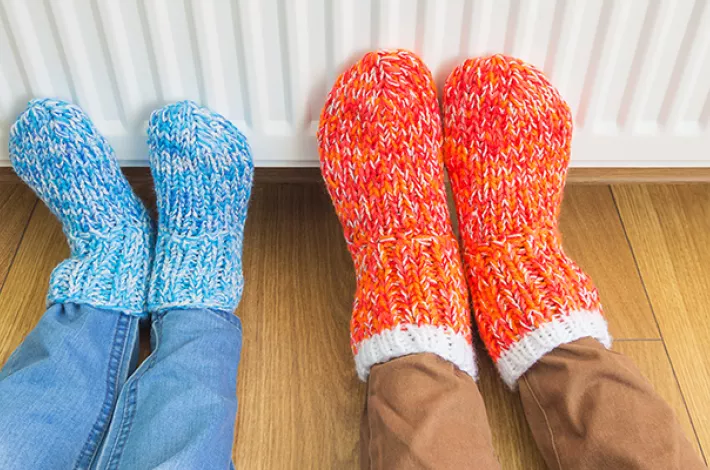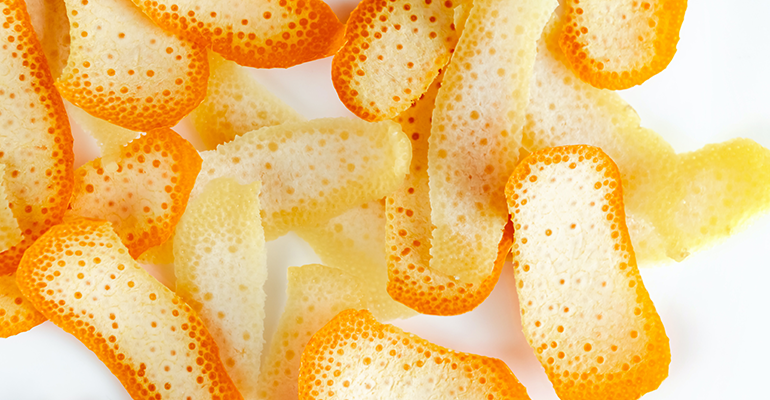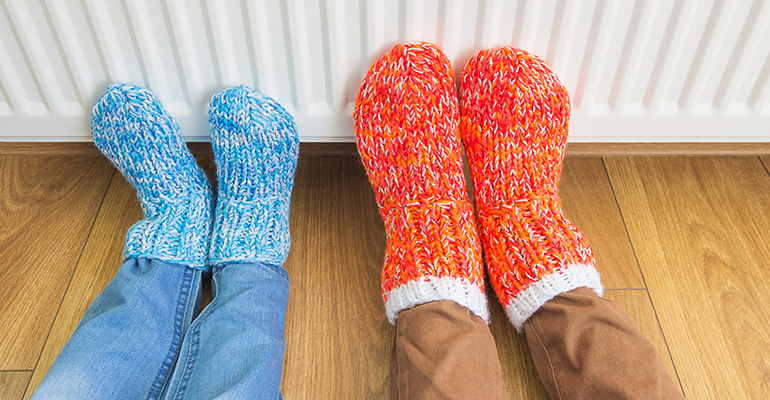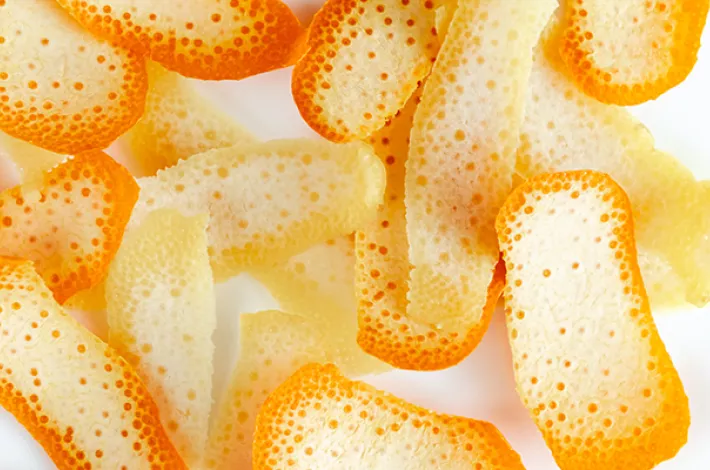
Energy efficiency at home: Anyone can do it!
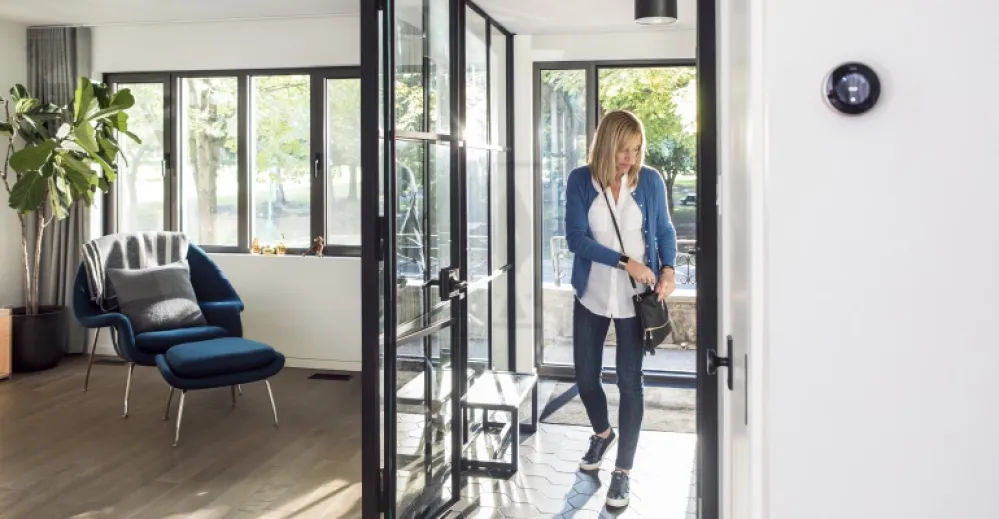
Did you know? Energy efficiency can help you reduce your energy consumption and, accordingly your energy bill and environmental footprint. Very simple changes can be made to consume less and better. Here are some ways to improve your home’s energy efficiency!
What is energy efficiency?
As we always say, the best energy is the energy you don’t consume. Energy efficiency means using more efficient appliances to reduce energy consumption. By saving energy, we reduce the economic and environmental costs of our consumption. It’s a win-win! And there’s no need to make drastic changes or sacrifice your comfort.
Make saving energy a habit
There are a lot of small things you can do that don’t require any investment on your part and can save energy. Here are a few of them:
- Turn down your thermostat
- Turn off lights in unoccupied rooms
- Lower the heating temperature by several degrees when no one is home
- Don’t let hot water run unnecessarily
Savings depend on several factors, but you can save an average of 2% on your bill by turning down your thermostat by 1 degree for 8 hours each day, and 6% if you turn down the thermostat 1 degree at all times. Start with small gestures that add up.
Maintain your appliances
The best way to reduce your home’s energy consumption is, of course, to use high-performance, highly efficient appliances. However, you can first inspect, maintain and repair your natural gas appliances if you are not planning any renovations or replacements of heating appliances. To do so, take advantage of the expertise of our certified partners and our Gaz Métro Plus subsidiary.
Once a year, drain the water heater to remove the deposits that accumulate at the bottom of the tank. There is no need to drain the entire tank. Drain the water into a container until it runs clear and is free of deposits.
Pay special attention to hot water
Insulate hot water pipes, especially those that pass through unheated areas. Use insulating tape or foam, plastic or fibreglass tubes that, split lengthwise, are easily fixed to the pipe and can be glued permanently.
You should also turn down the water heater thermostat to 60 °C, and install efficient flow reducers and shower heads to reduce hot water consumption. An 11-minute shower without a flow reducer will use an average of 125 litres of water, which drops to 77 litres WITH a flow reducer—a savings of 48 litres per shower!
Think about insulating your home
As warm air moves to colder areas, i.e. walls, roofs, cracks, doors and windows, it is important to know what to do to avoid significant heat loss.
Make sure that door and window frames are well caulked, along with the junction between the outside walls and foundations. This is where air infiltration is most significant in the majority of homes. Add a storm window to basement windows and low-use windows. Clean the rails of your sliding doors to prevent dust and miscellaneous debris from misaligning your doors and allowing outside air to seep in. In the summer, close the curtains to deflect direct sunlight and avoid heating the indoor air unnecessarily.
Install a smart thermostat
Much more accurate than conventional models, smart thermostats greatly reduce temperature fluctuations, providing greater comfort. They also provide energy savings of 7% to 10% for a $150 to $400 investment, depending on the model chosen. Connected to a wireless network (Wi-Fi), these thermostats control the heating or cooling system remotely through a web portal or mobile application. During the week, reduce the temperature at night and when no one is home. On weekends between 6 a.m. and 11 p.m., you can maintain a temperature of 20 °C for greater comfort. In the summer, turn up the thermostat to avoid overcooling your home. Check out the grant available for the purchase of a smart thermostat. Énergir customers who install a smart thermostat are eligible for a rebate of up to $100.
You may also like...


